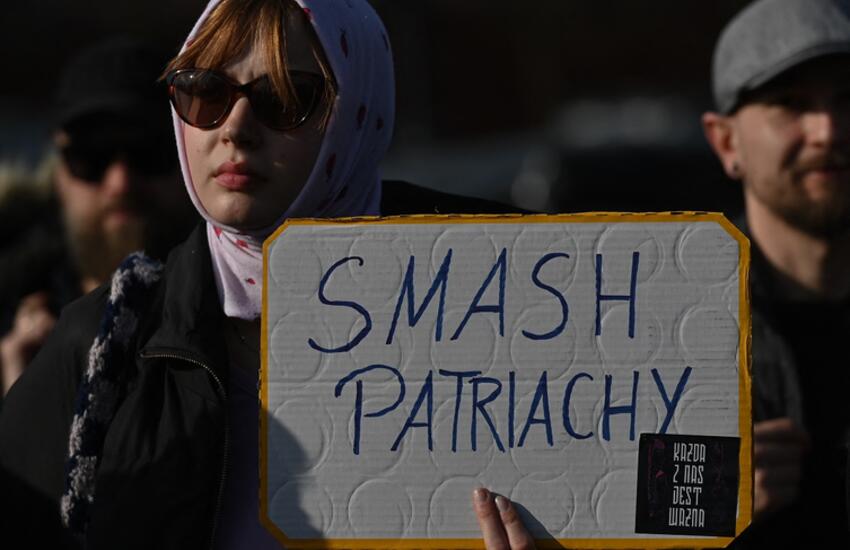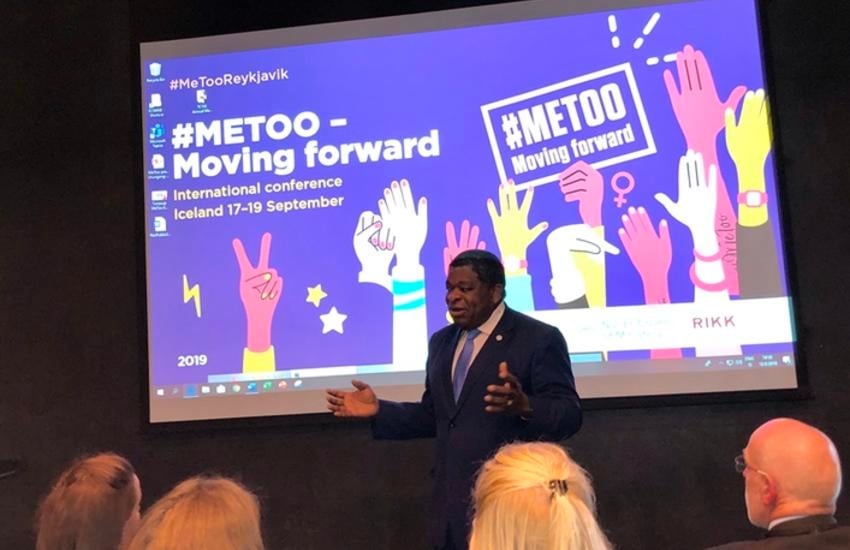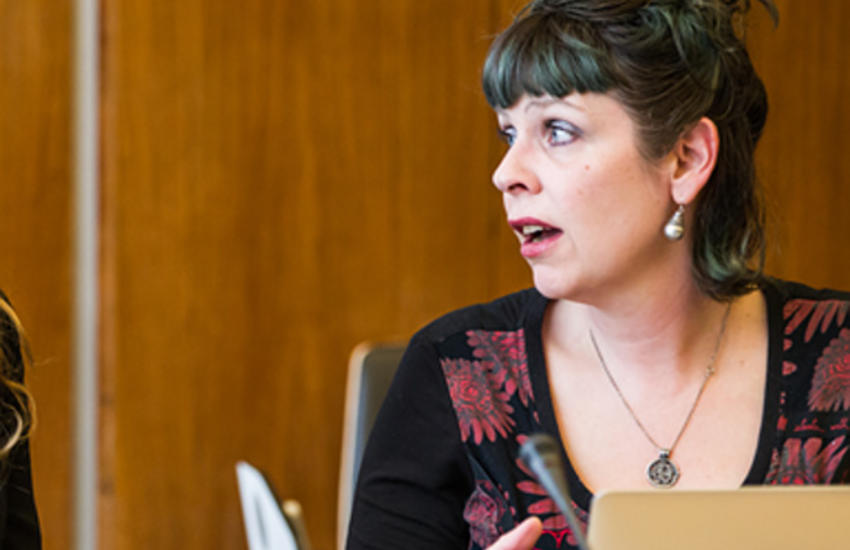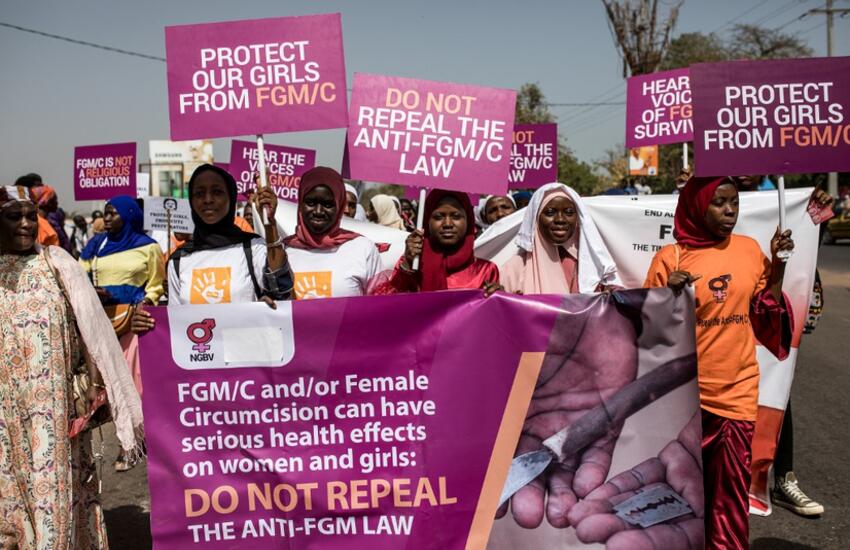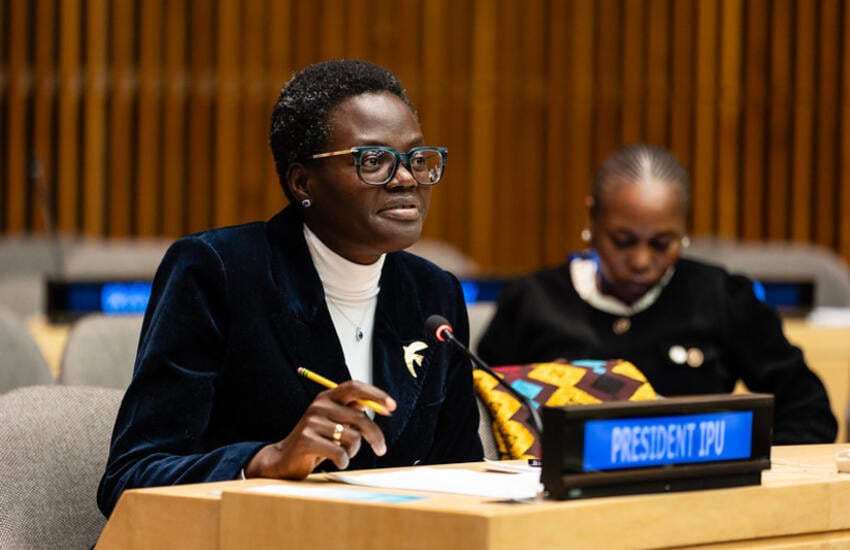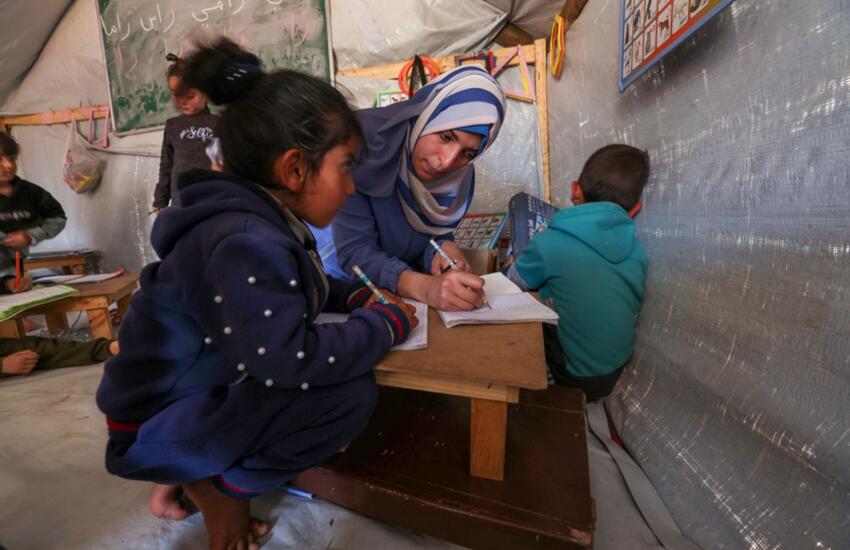Iceland has an excellent record on gender equality, topping the World Economic Forum’s ranking of most gender equal country for 14 consecutive years. It was also the first country to elect a female president, Vigdis Finnbogadóttir, who won the 1980 presidential election as well as the next three. The Parliament, the Althingi, almost became the first European country to elect a female-majority parliament in 2021, but after a recount narrowly missed the target, with women winning 30 out of 63 seats.
But gender equality goes further than numbers and rankings: it requires equal treatment and opportunity too. In 2017, for example, the #MeToo movement raised awareness around the world of sexual harassment, assault and abuse against women in all walks of life, including parliaments.
The IPU’s 2018 analysis on sexism, harassment and violence against women in European parliaments, published in partnership with the Parliamentary Assembly of the Council of Europe, revealed that some 82.5% of respondents reported having suffered psychological violence during their time in office.
The data showed that many women in parliaments felt unsafe, so the Althingi decided to take a closer look. The parliamentary authorities looked for lessons learned by other parliaments and reached out to the IPU for help. IPU Secretary General Martin Chungong visited the country for the first time in 2018 to lend his support.
In 2020, the Parliament conducted a study on its working environment for both MPs and staff. The results demonstrated the need to take steps to address sexual and gender-based harassment and bullying in the parliamentary premises.
The Althingi first established a committee on gender equality, comprising MPs and staff, and then began to develop a plan. The plan includes preventive actions and provides guidelines on handling cases of sexism and harassment, ensuring that the complainant has access to advice and support throughout the procedure. Following an exhaustive and consultative process with each parliamentary group within the chamber, the Althingi adopted its new Strategy and Action Plan in May 2023.
In the plan, the Althingi followed many of the recommendations of the IPU guidelines on how to develop and implement policies to end sexism and gender‑based violence in parliament.
Implementation is an ongoing project. At the time of writing, Iceland’s MPs and parliamentary staff can expect further training courses in 2024, focused on diversity, equity and inclusion.
A follow-up survey is also planned to see what has changed since the 2020 study and whether Iceland can further enhance its already impressive gender equality credentials.
Indeed, as the Icelandic case has shown, we cannot afford to be complacent about democracy and gender equality.






